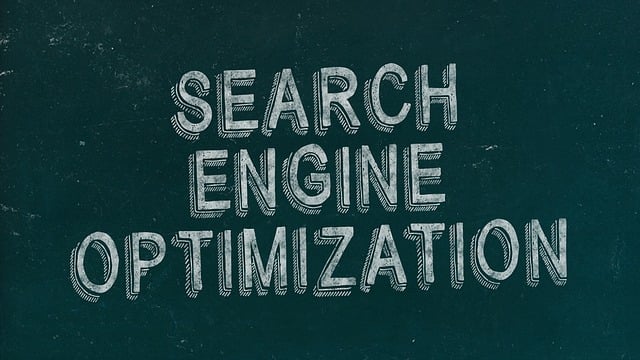AI upsell algorithms for dine-in menus are transforming restaurant strategies by enhancing customer experience and boosting profits through personalized product suggestions based on machine learning analysis of patron behavior, preferences, and past purchases. These intelligent systems adapt to dietary restrictions, frequent orders, and time of day, predicting customer desires without appearing pushy. They elevate order values, guide servers in engaging diners more effectively, and foster stronger connections, resulting in increased satisfaction and loyalty. Implementing AI upsell algorithms offers significant advantages in menu optimization, revenue growth, and informed decision-making through predictive analytics, despite initial challenges like data privacy concerns and complex setup.
“Unleash the power of predictive analytics with AI business solutions, transforming the way you operate. This article explores the intricate world of artificial intelligence, specifically focusing on its role in enhancing customer experiences through AI upsell algorithms for dine-in menus. We’ll delve into practical implementations across various business operations, uncovering the benefits and challenges that come with integrating these innovative tools. Get ready to revolutionize your strategies and stay ahead in today’s competitive market.”
- Understanding AI Upsell Algorithms for Dine-In Menus
- Implementing Predictive Analytics in Business Operations
- Benefits and Challenges of AI Business Solutions
Understanding AI Upsell Algorithms for Dine-In Menus

AI upsell algorithms for dine-in menus are transforming the way restaurants enhance customer experience and boost profits. These intelligent systems leverage machine learning to analyze patron behavior, preferences, and past purchases to suggest additional items tailored to their tastes. By understanding what customers might want even before they do, these algorithms offer personalized recommendations that increase order values without appearing pushy.
Such algorithms can learn from diverse data points, including dietary restrictions, frequent orders, and time of day, to predict what a customer is likely to appreciate. This precision marketing not only improves satisfaction but also ensures servers have more informed conversations with diners, fostering a sense of connection and service quality.
Implementing Predictive Analytics in Business Operations

Implementing predictive analytics in business operations, especially through AI upselling algorithms for dine-in menus, offers a myriad of benefits. These advanced tools can analyze historical data to identify patterns and trends, enabling businesses to make more informed decisions. By understanding customer preferences and behavior, restaurants can optimize their menu offerings, ensuring that the most popular items are readily available and prominently displayed.
Moreover, predictive analytics allows for personalized experiences. AI algorithms can suggest tailored recommendations based on individual customer tastes and past orders, enhancing satisfaction and encouraging upsells. This not only improves revenue but also fosters a loyal customer base by providing a dynamic and responsive dining experience.
Benefits and Challenges of AI Business Solutions

AI business predictive analytics solutions offer a multitude of benefits, especially in enhancing decision-making processes. By leveraging machine learning and AI algorithms, companies can gain valuable insights into customer behavior, market trends, and operational inefficiencies. For instance, AI upsell algorithms for dine-in menus can predict customer preferences, allowing restaurants to offer personalized recommendations that increase sales and enhance the dining experience.
However, implementing these solutions is not without challenges. Data privacy and security remain significant concerns, as businesses must handle sensitive customer information responsibly. Additionally, the initial setup and integration of AI systems can be complex and resource-intensive, requiring substantial investment in technology and expertise. Nevertheless, with careful planning and strategic implementation, the benefits of AI predictive analytics far outweigh the challenges, positioning businesses for success in an increasingly competitive market.
AI business predictive analytics solutions, particularly AI upsell algorithms for dine-in menus, offer immense potential to revolutionize operations. By understanding these algorithms and implementing them effectively, businesses can enhance customer experiences while optimizing revenue. However, challenges such as data privacy concerns and model interpretability require careful consideration. Navigating these obstacles will be crucial for the successful integration of AI into various industries, ensuring that predictive analytics becomes a strategic asset rather than a mere tool.
